特殊符號短橫線英文
The hyphen, also known as the short dash or minus sign, is a commonly used symbol in the English language. It is used in a variety of ways and can greatly impact the meaning of a sentence.
Firstly, the hyphen is often used to join words together to create a compound word. For example, 'well-being,' 'self-esteem,' and 'mother-in-law' are all compound words that are formed by using a hyphen to join two or more words together. This can help to clarify the meaning of a sentence and make it easier to understand.
Secondly, the hyphen can also be used to separate syllables in a word that is being divided at the end of a line. This is known as a hyphenation and is commonly used in typesetting and word processing. It can help to improve the visual appearance of a document and prevent awkward spacing.
Thirdly, the hyphen can be used to indicate a range of numbers or dates. For example, 'pages 7-12' or '1990-2000' both use hyphens to indicate a range. This can help to avoid confusion and make it clear that a range is being referred to.
Finally, the hyphen can be used in compound adjectives to connect two or more words that describe a noun. For example, 'blue-eyed girl' or 'hard-working student' both use hyphens to connect the two adjectives. This can help to clarify the meaning of the sentence and avoid ambiguity.
http://m.absolutelycasino.com/common/images/35hRteJXDh_2.jpg
In conclusion, the hyphen is a versatile and important symbol in the English language. It can be used to join words together, separate syllables, indicate ranges, and create compound adjectives. Understanding the proper usage of hyphens can greatly improve the clarity and effectiveness of your writing.
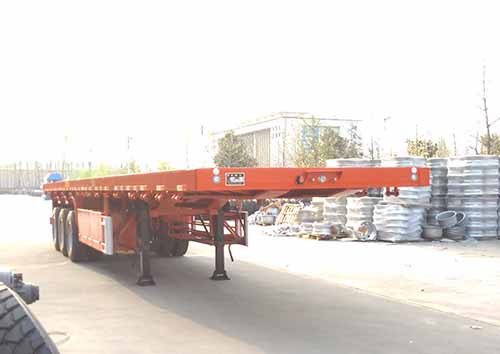
西門子洗衣機(jī)不能解鎖

三洋全自動洗機(jī)按開機(jī)無反應(yīng)

led背光 頻閃
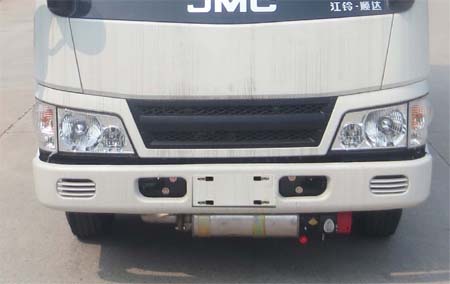
萬和熱水器售后合肥

海信電視音量變小

創(chuàng)維29TK9000場塊型號

松下tc-2188s r476的電阻多大

電視機(jī)遙控器突然沒有反映
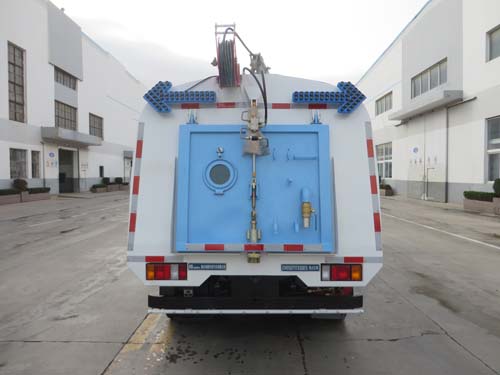
無錫創(chuàng)維招聘信息

tcl電視遙控開機(jī)

海爾kfr-32gw z 傳感器
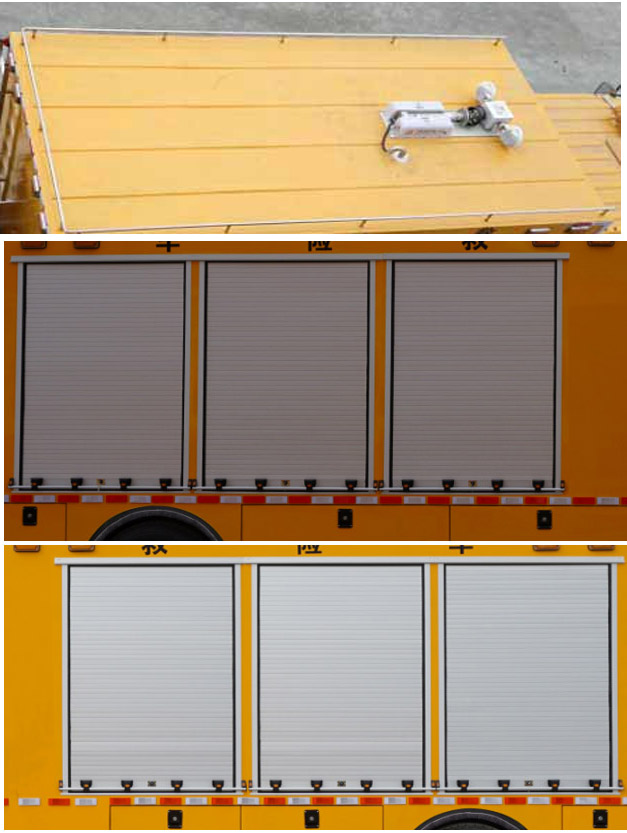
長虹pf29e8高壓包

tcl電視如何回看

空調(diào)電壓不夠燒了

濟(jì)南聯(lián)想售后維修中心

奧克斯空調(diào)插電 跳閘
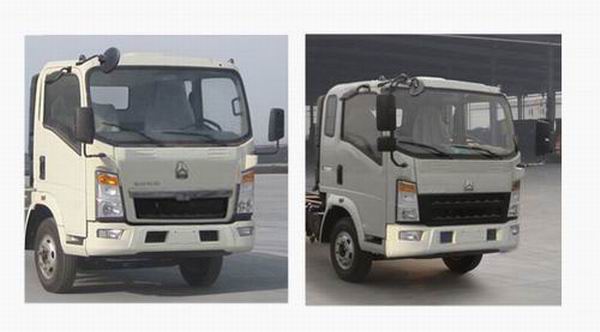
21寸彩電 b電壓是多少

e2 電磁爐 蘇泊爾
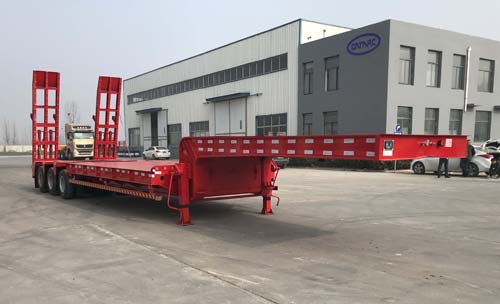
上海supor售后

能率熱水器維修投訴